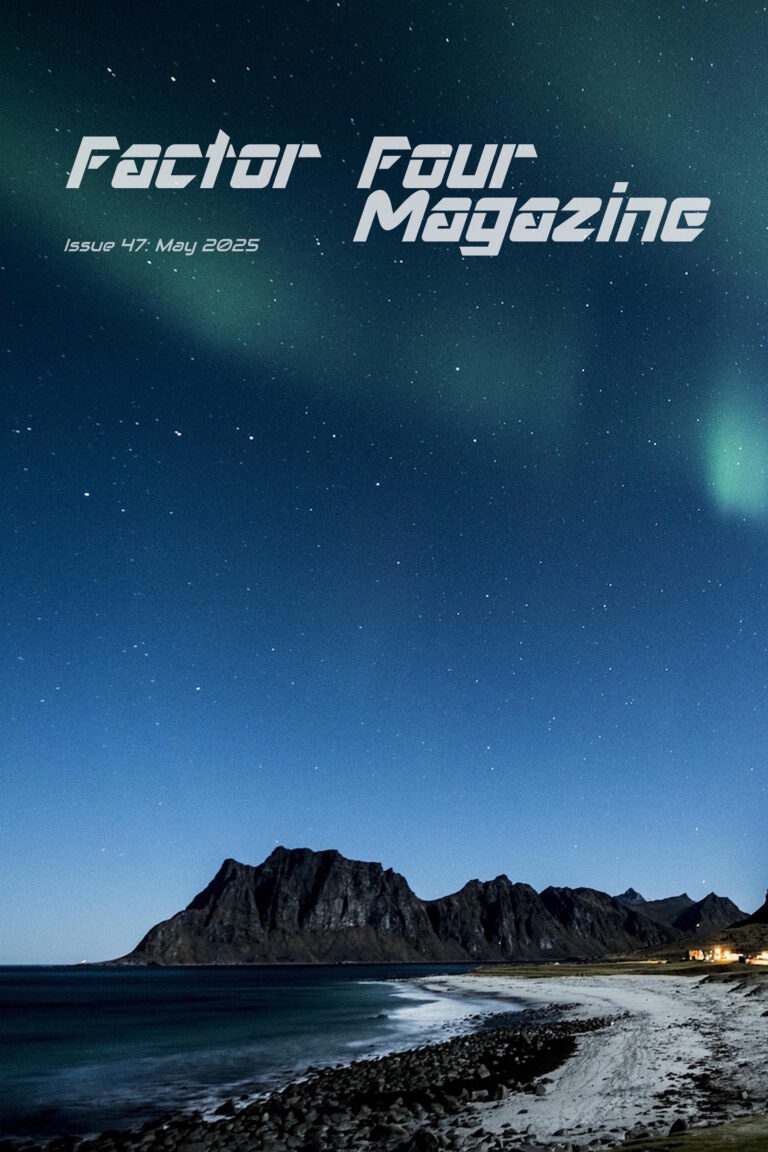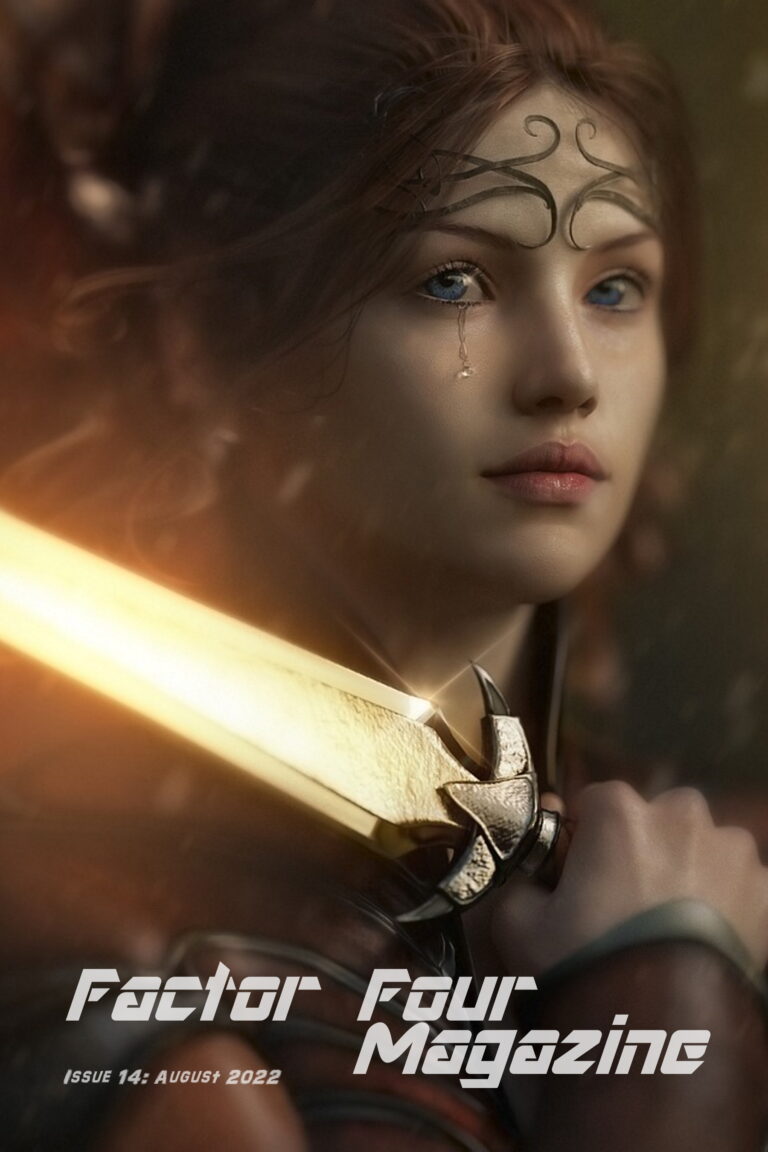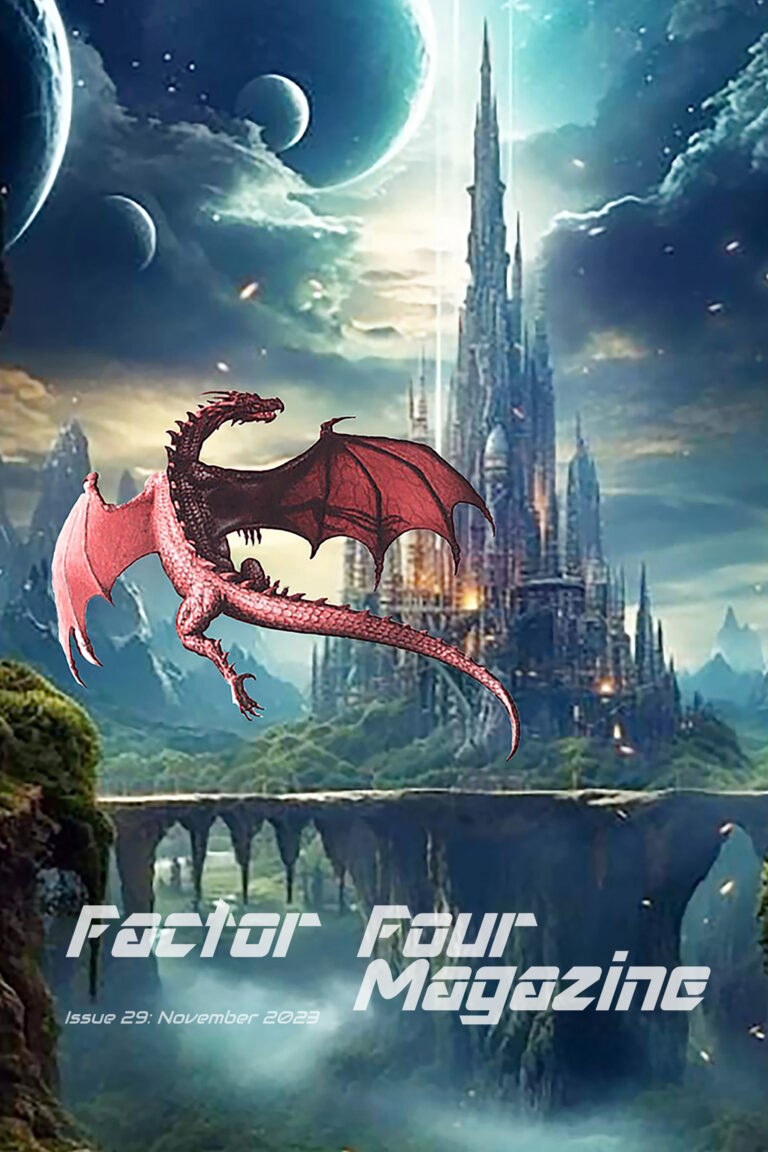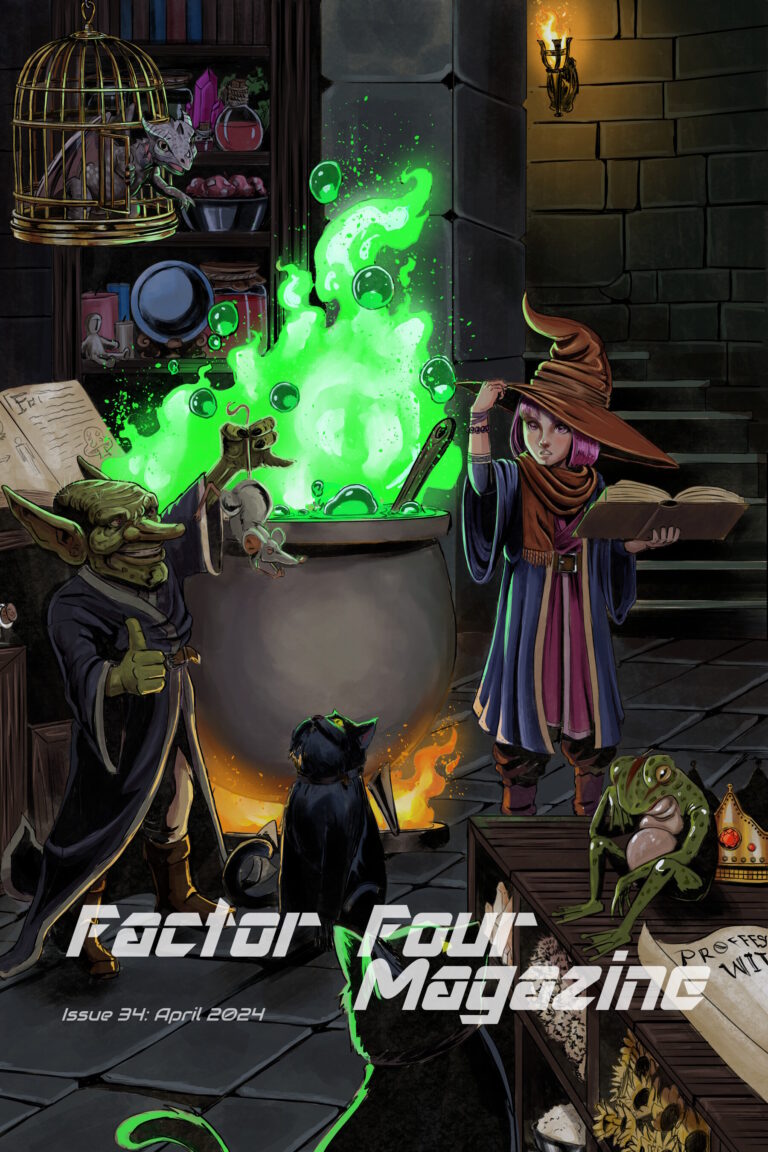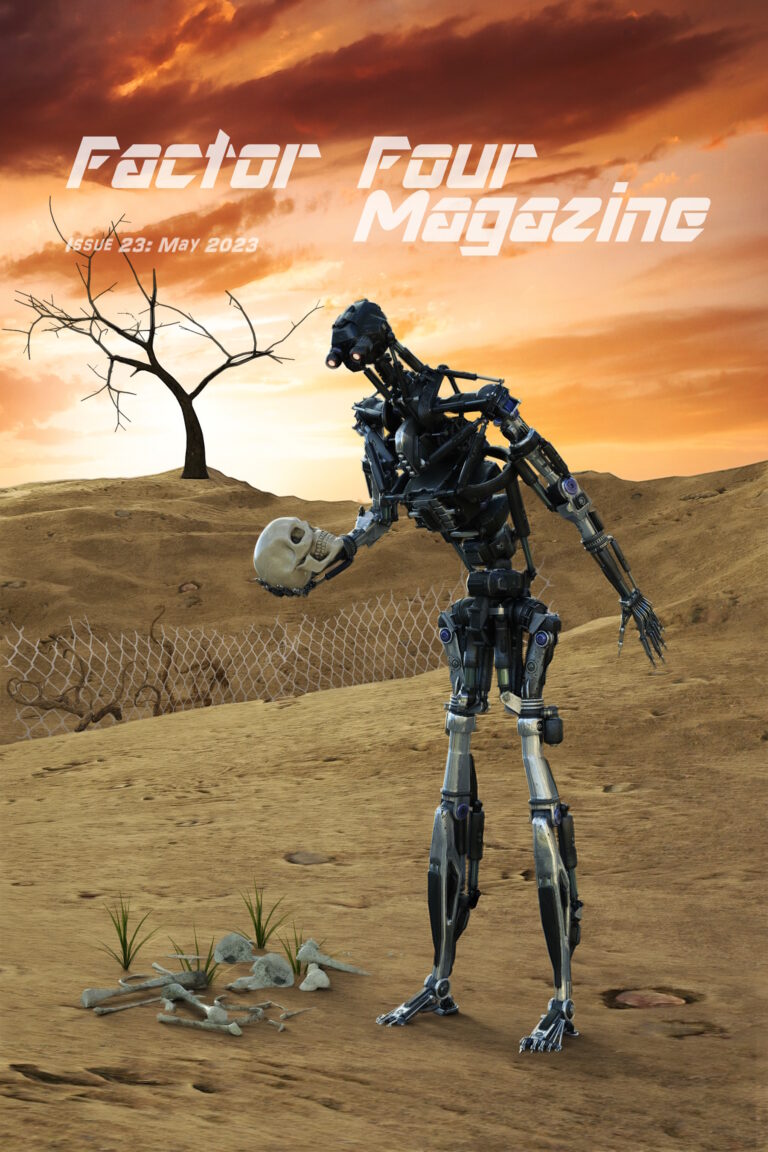The Weight of Fortunes in an Endless Labyrinth by Marie Croke

We were assigned the same rehabilitation counselor, her appointments always during the twenty minutes before mine. We’d pass in the hallway. Me, leaning against the metal curve of the wall, a paper fortune teller hiding my fingers as I slowly brought the wrinkled paper in and out, back and forth, gaze skimming the faded pencil lines.
I noticed her my first appointment, for as she turned, her brown hair sparkled. Blue and turquoise and teal. Like the ocean I’d left behind. I felt a pang, could almost hear the swelling of the ocean waves, almost smell the sea-salt air. I squished the fortune teller flat. Pressed it against my chest as if the words written under each of the little flaps could embed themselves into my heart.
The other girl walked away with a heavy tread and an awkward walk, a sort of jerky side-to-side sway I’d come to associate with stationers, as if gravity didn’t agree with them. Different than my own gait, my legs so light now, almost graceful on the lunar labyrinth of Zirano in a way it had never been back home. Back on Eidola where the ocean beside my city now lay drenched in debris, for the war was ruthless in its destruction.
Counselor Mitchell called me into her office then, and for the next twenty minutes bombarded me with questions concerning my adjustment to living on Zirano. In Zirano, for no one lived on the surface of this moon; we scrambled through its gleaming corridors like the ants that used to gather about dripped ice cream on hot summer days. Counselor Mitchell asked about my classes, classmates, physical therapy sessions. Assigned me a journal and, on subsequent visits, would ask whether I’d written in it. And did I want to share any of the thoughts I’d scribbled down.
All the while, in my lap, my fortune teller opened one way, closed, opened the other, flashing familiar names and numbers.
My fortune teller was even more beat-up a few months in. Months on Eidola would mean we would be moving from hot summer—pavement burning soles, noses cherry-red, skin toasting—to the thunderstorms of autumn. Months on Zirano meant the same metal corridors, the same claustrophobic rooms, the same holograms fuzzing about the edges.
She came out of the Counselor’s office with her jaw set and her hair carefully braided, a few strands of sparkle still blinking under the florescent light. This time, however, she held a sparkling strand wrapped about her fist and her mouth pinched like she held back a fury of tears.
I slipped into the office in her wake and took the still-warm seat. Counselor Mitchell murmured distractedly that she’d be right with me. But, she’d forgotten to turn off the two-way hologram display nor had she shifted to my file. The other girl’s name was lost to the annuals of the scrolled data up above, but I could clearly read her background, her history, the station where she’d been born and raised. Below that, where the historical data turned from individual to familial, my gaze caught on the word “eight.”
Eight. An auspicious number. A revered number back home…
I murmured the number, then unfolded my wrinkled fortune teller. One-two-three-four-pick a number. Five-six-seven-eight-pick a name.
Counselor Mitchell muttered a curse and the display blinked out of existence before shimmering back on, but now with my data.
I took a different path through Zirano’s, a new purpose in my step. Stationers tended to group together. Planet-siders did too. Our bodies, our gestures, the way we held the weight of the pain we’d dragged with us to Zirano keeping us apart. I found her inside the star-gazing room, the ceiling, the walls, even the floor black and speckled with holo-stars. Like walking into the vacuum of space.
I lay near her, my head pointed toward hers so we made a line. Asked her what her sparkles meant to her. She startled. Her head lifted, then settled back down. For a long time, she was quiet, and I thought she wouldn’t answer. Then she murmured in a chanting voice: I’ll loop the strand among your hair, if it falls, I’ll soon be there; I’ll tie a knot against your head, if it breaks, you’ll know I’m dead.
I asked her if one broke.
When she didn’t answer, I lifted my fortune teller to the false black expanse. Opened it one way. Then another. A whisper of well-used paper. I indicated each of the names inside, each of the siblings I’d left behind, plus me. Eight of us in all. I didn’t add that I knew she was one of eight too, but I felt her pay attention. Felt her gaze catching on the numbers in my fortune teller as I opened, closed my fingers.
She picked a number without me needing to ask. I counted it out—one, two, three, four, five, six, seven—the siblings we had out there. Somewhere. Some old enough to fight. Some hidden in other moons. The echo of them running fingers through her hair where they’d tied sparkling strands. The echo of them in scribbled words under the flaps of my fortune teller.
I canted the fortune teller toward her again, this time indicating the names, each as familiar to me as breathing. Each of them having left me a message, a promise to survive, of a someday in the future. Don’t worries and I love yous and be safes and forevers all in different handwritings.
But she didn’t pick any of those. For I’d needed an eighth to finish out the fortune teller.
Fingers shaking, I slowly unfolded the flap. Underneath was the silly, scrawled message I’d written to myself back on Eidola before we’d been buckled into ships and sent cascading off in all directions.
Hi, it’s me. I’m Amanda. And I’m scared of being alone.
“Me too,” she whispered up at the too-close ceiling with its fuzzy stars. “Me too.”

